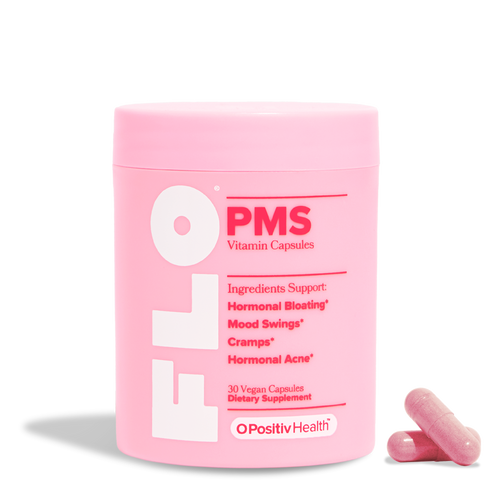The week before your period, you don’t always feel like your best self. You could feel bloated, stressed, irritable, or a bad headache coming on any minute. It can simply be exhausting. No, you’re not imagining things. Extreme period fatigue before your period is a very common symptom that affects 90% of women. Here’s why.
Your body is doing a lot to prepare for your cycle. Your hormone and serotonin levels fluctuate, causing serotonin levels to take a dip. Serotonin is a necessary brain chemical to stabilize your mood. When your serotonin drops too low, you are left feeing a lack of energy, extreme fatigue, and even depression. Not convenient for those of us living our best lives.
How To Beat Pre-Period Fatigue
Though it may be tempting to crawl under the covers and not come out, there are ways to beat the premenstrual slump. Here are some helpful tips:
Hydrate
Dehydration is one of the leading causes of fatigue. Do your body a favor and keep your water bottle handy.
Eat Healthy Foods
Sugary snacks may sound like the right choice, but trust me, this is not it. Sugar causes your body to crash, adding even more of a feeling of sluggishness.
Sleep In Cooler Temps
Fluctuating hormones means fluctuating body temperature. Keeping your room cool between 60 and 67°F will curb your hot flashes and help you get a good night’s sleep.
Move Your Body
This sounds counter inuitive to what you seem to need, faceplanting into your sheets. Hear me out. It’s scientifically proven that just a moderate amount of exercise will provide you with extra energy, focus, and even lessen your PMS symptoms.
Find Your Zen
Getting your mind and body zenned out promotes a restful night’s sleep. Breathing and meditation exercises are an amazing way to give your body restoration before going to bed.
Take A Supplement Like FLO PMS Relief
Healthy diet and exercise are key, but supplements are often a good way to boost your routine. FLO PMS vitamins are made with natural ingredients that help balance your hormones—fewer hormone spikes means less noticeable energy level fluctuation.
When Should I Talk to My Doctor?
Symptoms like fatigue may be common, but you should consult your doctor if your emotions or energy levels become unmanageable or intense. Clinical depression is not caused by PMS, but they can be connected.
If your’e having a hard time functioning in your daily life or are overly exhausted, don’t hesitate to ask your doctor for a screening for PMDD, or Premenstrual Dysphoric Disorder. It is always important to stay informed about your body.
Feel Empowered to Take Charge
Bottom line, your period doesn’t need to be exhausting. Connecting with others and asking your provider the right questions can give you a better understanding of the kind of support you need. The more you learn what choices your body needs, the more you can take control of finding relief and get back to living.







